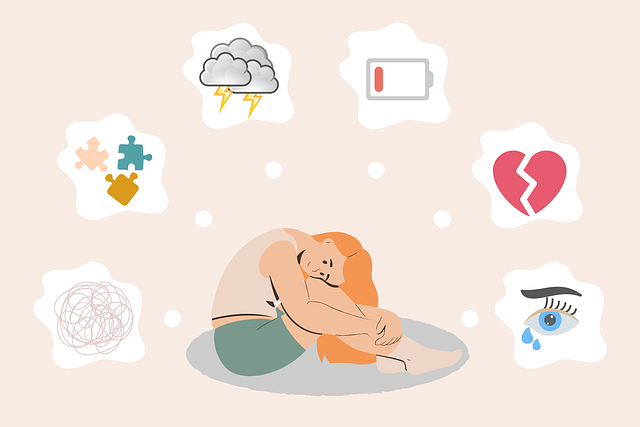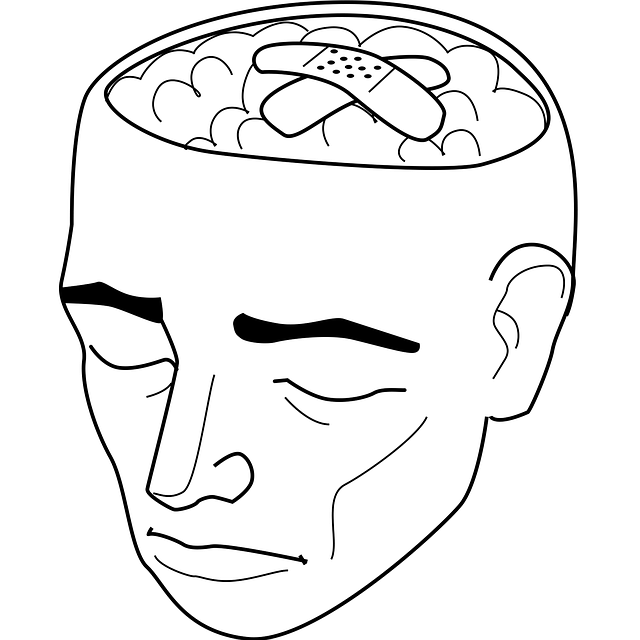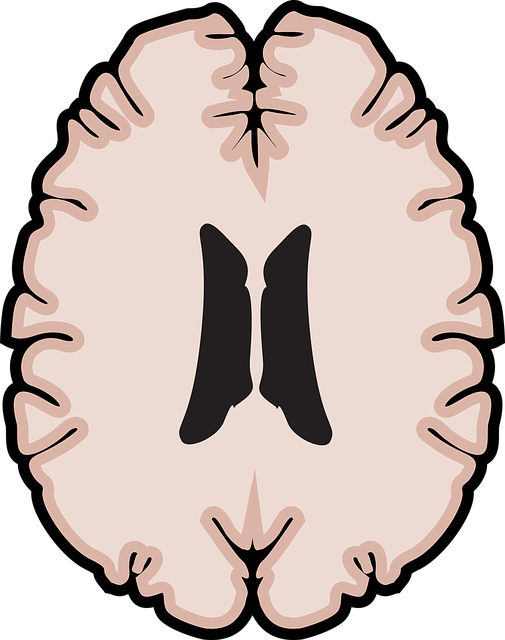Resilience, built through the RFM framework (Recovery, Flexibility, Mastery), is a key mental well-being pillar. This holistic approach uses techniques like Superior Psychological Testing Therapy for emotional balance, adaptability, and control over life and stress. Such testing provides personalized interventions for improved anxiety relief, social skills, and self-esteem, empowering individuals to overcome challenges and achieve personal growth. Integrating RFM exercises into therapy enhances overall well-being by fostering effective coping mechanisms for future hardships.
Resilience is a powerful tool for navigating life’s challenges, and RFM (Resilience, Flexibility, and Mastery) exercises offer an innovative approach to building this vital skill. This comprehensive guide explores how RFM forms the foundation of resilience-based therapy. We delve into the practical application of superior psychological testing methods to evaluate and strengthen resilience. By integrating these exercises into therapeutic practices, mental health professionals can empower clients to embrace change, adapt to stress, and achieve superior emotional well-being.
- Understanding RFM: The Foundation of Resilience Building
- Psychological Testing in Action: Tools for Evaluating Resilience
- Integrating RFM Exercises into Therapy for Optimal Results
Understanding RFM: The Foundation of Resilience Building

Resilience is a crucial aspect of mental well-being, enabling individuals to navigate life’s challenges and bounce back from adversity. Understanding RFM (Recovery, Flexibility, and Mastery) forms the foundation for building this resilience. RFM is a comprehensive framework that focuses on three key dimensions of psychological resilience. Recovery refers to an individual’s ability to restore their emotional balance after facing difficult situations, akin to superior psychological testing therapy. This involves effective stress management techniques that help in processing traumatic events and returning to a state of equilibrium.
Flexibility entails adjusting one’s mindset and behavior to cope with changing circumstances, which is a vital component of emotional healing processes. It allows individuals to adapt to unforeseen situations, fostering resilience against future stressors. Additionally, Mastery, the third aspect, involves taking control of one’s life and emotions, aligning with various stress reduction methods that empower individuals to make positive changes. By cultivating these RFM dimensions, individuals can enhance their overall well-being and develop effective coping mechanisms for life’s challenges.
Psychological Testing in Action: Tools for Evaluating Resilience

Psychological testing plays a pivotal role in understanding and building resilience, offering valuable insights that can transform lives. These tools go beyond simple assessment; they are therapeutic catalysts designed to help individuals navigate life’s challenges with greater equanimity. Superior Psychological Testing Therapy leverages advanced methodologies to evaluate not just mental health but also an individual’s capacity for growth, adaptation, and recovery. By delving into cognitive functions, emotional responses, and coping mechanisms, these tests provide a comprehensive picture that guides personalized interventions.
In the context of resilience building exercises, such assessments are instrumental in tailoring programs to meet unique needs. For instance, Healthcare Provider Cultural Competency Training emphasizes the importance of understanding cultural influences on mental wellness. Similarly, the Mental Wellness Podcast Series Production highlights how media can be used to disseminate effective coping strategies and promote open conversations about psychological health. Mood Management, a crucial aspect of resilience, is directly addressed through these testing methods, enabling individuals to develop effective strategies for regulating their emotional states.
Integrating RFM Exercises into Therapy for Optimal Results

Integrating RFM (Resilience, Flexibility, and Mastery) exercises into therapy offers a powerful approach for enhancing clients’ psychological well-being and overall resilience. This method goes beyond traditional therapeutic techniques by focusing on building adaptability and empowering individuals to navigate life’s challenges effectively. By incorporating RFM strategies, therapists can facilitate significant improvements in areas such as anxiety relief, social skills training, and self-esteem improvement.
Superior psychological testing therapy benefits from this integrated approach, as it equips clients with practical tools to manage stress, improve their emotional regulation, and foster positive relationships. RFM exercises encourage individuals to embrace change and develop a growth mindset, allowing them to overcome obstacles and achieve personal goals. This tailored therapeutic method ensures that clients gain not just temporary relief but lasting skills for enhancing their mental fortitude and overall quality of life.
Resilience is a pivotal aspect of mental well-being, and by utilizing RFM exercises alongside superior psychological testing therapy, professionals can significantly enhance clients’ coping mechanisms. Integrating these methods allows for a comprehensive approach to understanding and building resilience, ensuring individuals are equipped to navigate life’s challenges with greater ease. This combined strategy proves invaluable in fostering mental fortitude, making it an essential tool in modern therapy practices.














